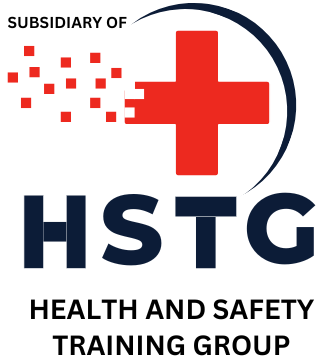Onsite Level 3 Paediatric First Aid
(PFA) - 2 Day
Course Overview
The Level 3 Paediatric First Aid (PFA) course is tailored for those who work with infants and children. This two-day course meets the requirements set by the Statutory Framework for the Early Years Foundation Stage (EYFS) and provides participants with the practical skills and knowledge necessary to handle a range of emergencies involving children and babies.
Who Should Attend?
- Childcare professionals (nursery staff, childminders, nannies)
- Teachers and teaching assistants
- Parents, guardians, or family members wanting to learn essential First Aid for children
- Anyone responsible for the welfare of children and infants
No prior first aid knowledge is required.
Course Content
Introduction to Paediatric First Aid
Emergency Scene Management
Basic Life Support (BLS) – Infant and Child CPR + AED
Managing an Unresponsive Casualty
Management of Accidents and Injuries Including Burns, Wounds, Bleeding, and Shock
Specific Paediatric Conditions such as Seizures, Asthma, Anaphylaxis and Meningitis
Medical Conditions such as Diabetes, Croup and Chickenpox
Learning Objectives
By the end of the course, participants will:
- Understand the role and responsibilities of a paediatric first aider.
- Confidently assess and manage emergency situations involving children and infants.
- Perform CPR and use an AED safely for children.
- Recognise and treat common injuries and medical conditions in children.
- Be prepared to act quickly and appropriately in paediatric emergencies.
Assessment and Certification
- Delegates are assessed continuously through observation of practical skills during the training
- Successful candidates receive a Level 3 Paediatric First Aid certificate, valid for 3 years, meeting EYFS and Ofsted requirements


